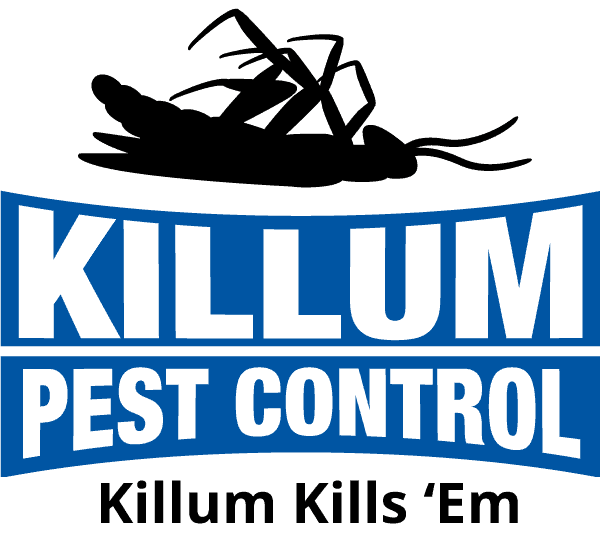Pet owners in Texas understand the joy and companionship that our furry friends bring to our lives. As responsible caretakers, we must ensure their well-being by protecting them from potential pest threats commonly found across the state.
In this blog post, we will discuss several common pests in Texas that can pose health risks to our pets, including fleas, ticks, and mosquitoes. Additionally, we will share effective strategies, techniques, and expert advice for safeguarding your pets from these pests, maintaining a safe and comfortable environment for your pet-loving household. By understanding the risks, behaviors, and preferred habitats of these common pests, you can take informed, proactive steps to minimize your pet’s exposure and support their overall health and well-being.
Fighting Fleas: Banishing Biting Pests
Fleas are small, wingless insects that feast on the blood of mammals and birds. These tiny parasites can infest your pets and home, causing discomfort for your beloved animals and potentially triggering allergic reactions or transmitting diseases.
Prevention and Control:
1. Regularly groom and inspect your pets for fleas, using a flea comb to check for both adult fleas and flea dirt.
2. Keep your pet’s living area clean and vacuum frequently to reduce the likelihood of a flea infestation.
3. Use veterinarian-recommended flea treatments, such as topical medications or oral tablets, to prevent and control flea populations.
4. Apply pet-safe insecticides to your yard and outdoor areas, taking care to cover shady, moist areas where fleas may thrive.
Tackling Ticks: Shielding Your Pets from Blood-Sucking Pests
Ticks are external parasites that can transmit diseases like Lyme disease and Rocky Mountain spotted fever to both pets and humans. Ticks tend to inhabit tall grass, shrubs, and wooded areas, waiting to latch onto passing animals and feed on their blood.
Prevention and Control:
1. Avoid walking your pets in tick-prone areas, such as heavily wooded landscapes, and keep your yard well-trimmed and free of leaf litter.
2. Inspect your pet thoroughly for ticks after outdoor excursions, paying close attention to their ears, neck, and underbelly.
3. Utilize monthly tick preventatives, such as topical solutions or chewable tablets, as recommended by your veterinarian.
4. Schedule regular pest control treatments from a licensed provider, like Killum Pest Control, to maintain a tick-free environment in your yard.
Minimizing Mosquito Menace: Blocking Bite-Transmitted Diseases
Mosquitoes can transmit heartworms to your pets, posing severe health risks and even proving fatal if left untreated. Dogs are particularly susceptible to this condition, but cats can also be affected. Eliminating breeding grounds and minimizing exposure can help protect your pets from mosquito-transmitted diseases.
Prevention and Control:
1. Eliminate sources of standing water in your yard where mosquitoes breed, including birdbaths, plant saucers, and clogged gutters.
2. Keep your pet indoors during peak mosquito activity hours, such as dawn and dusk.
3. Utilize heartworm preventative medications, like monthly oral tablets or topical treatments, as advised by your veterinarian.
4. Invest in professional mosquito control treatments for your yard and outdoor spaces to create a safe environment for your pets.
Educating Yourself: The Importance of Regular Vet Check-ups
Regular veterinary check-ups are crucial in keeping your pets healthy. Your veterinarian can spot any signs of pest-related issues early and provide targeted treatment and guidance for maintaining a pest-free home environment.
Prevention and Control:
1. Schedule annual wellness visits for your pets, including vaccinations, blood tests, and other recommended examinations.
2. Discuss any concerns or symptoms you’ve noticed in your pet with your veterinarian, as they may signal pest-related health problems.
3. Keep a record of your pet’s medical history and share details about your pest control efforts, including any medications or treatments you administer.
Conclusion:
Protecting your pets from common Texas pests like fleas, ticks, and mosquitoes requires diligence, care, and proactive measures. By being informed about the unique challenges posed by each pest and applying effective prevention and control strategies, you can maintain your home as a safe and comfortable haven for your furry family members.
Killum Pest Control, the leading provider of residential and commercial pest control services in the Texas Gulf Coast, is devoted to helping pet owners maintain a healthy, pest-free environment for their beloved companions. Our experienced team will guide you through the challenges of pest prevention and control, ensuring that your pets remain happy, healthy, and thriving. Let us keep your Texas home a nurturing sanctuary for both you and your beloved pets. Contact us today to schedule a pest control consultation!





